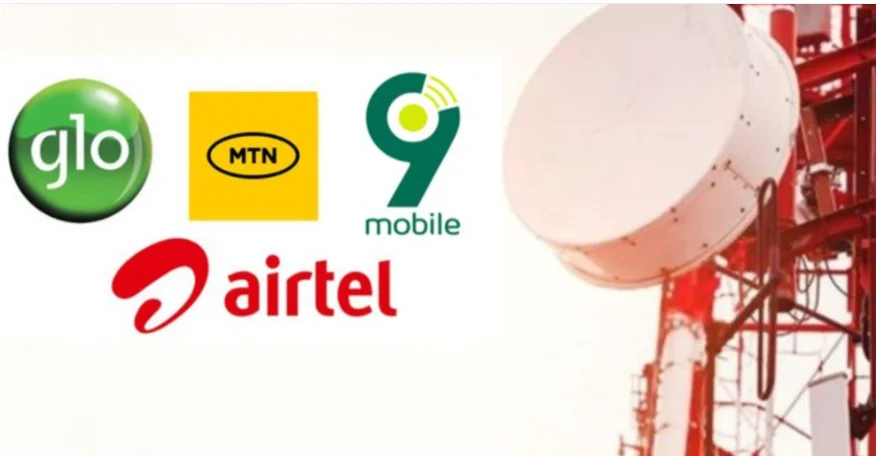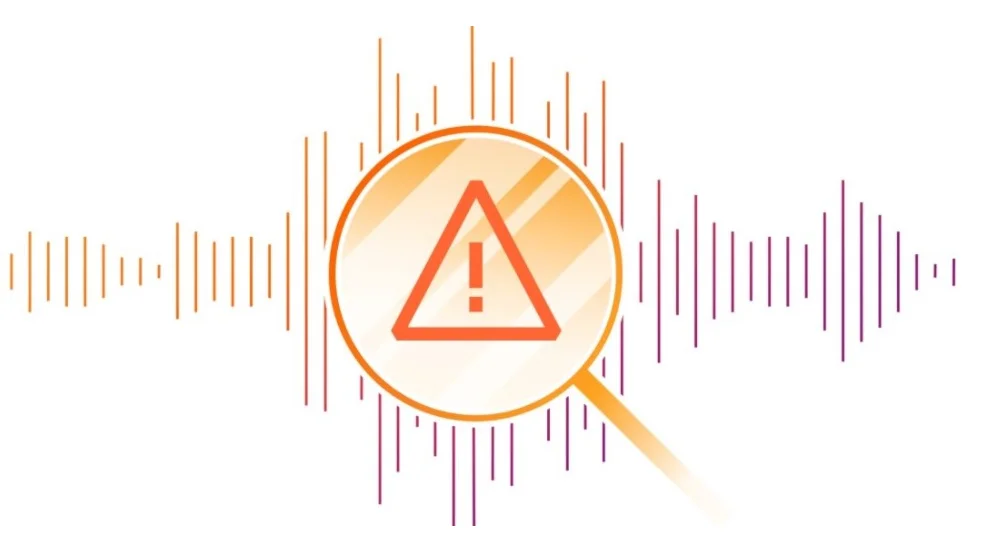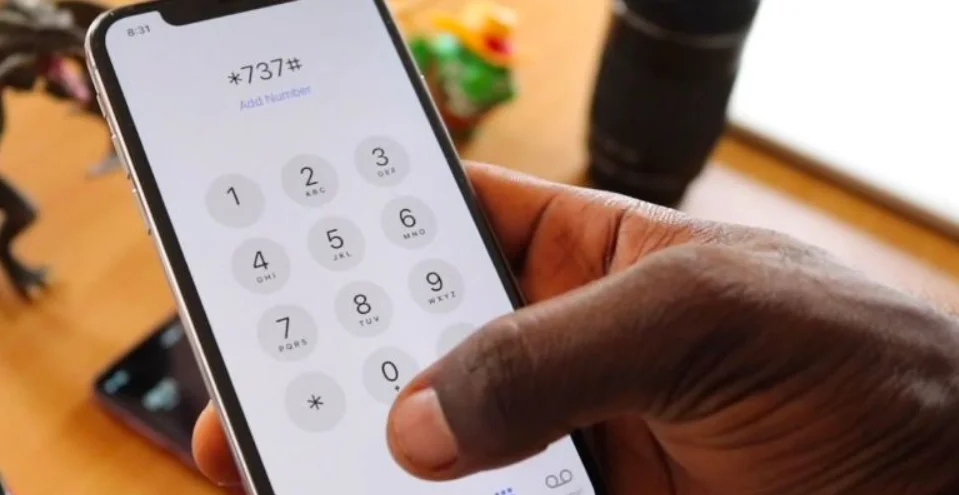NCC Identifies Capacity Challenges in Urban Telecom Networks
The Nigerian Communications Commission (NCC) has attributed the poor quality of telecom service being experienced in Lagos, Abuja, and other major Nigerian cities to insufficient network capacity needed to support heavy data usage in densely populated areas.
In a newly released document based on research conducted in partnership with broadband intelligence firm, Ookla, the Commission said its findings highlight the widening gap between network demand and infrastructure capacity in urban centers.
Urban Congestion Affecting User Experience
According to the NCC, network congestion in cities with high population density continues to degrade user experience, particularly in areas where millions of Nigerians rely heavily on mobile internet for daily activities.
The report specifically cited the high concentration of active internet users as a key factor behind persistent issues such as dropped video calls, buffering during streaming, failed mobile payments, and slow download speeds.
“With a specific focus on data experience, the high density of active internet users in urban areas contributes significantly to network congestion,” the NCC stated.
Data Demand Outpacing Infrastructure Growth
Experts believe the current challenge reflects the rapid growth in data consumption across Nigeria, driven by the expansion of mobile broadband and increased smartphone adoption.
While the country’s internet penetration continues to rise, operators are reportedly struggling to expand infrastructure capacity quickly enough to keep pace with urban demand.
The NCC noted that the issue is particularly acute in Lagos and Abuja, where both individual and business usage are at record highs, straining existing mobile and broadband networks.
Ongoing Efforts to Improve Network Quality
The Commission reiterated its commitment to improving the Quality of Experience (QoE) for telecom consumers nationwide.
Through its collaboration with Ookla and other data analytics partners, the NCC aims to develop actionable insights that will guide both regulators and operators in expanding broadband capacity, especially in urban hubs.
The regulator is also working on policies to encourage infrastructure investment, promote network sharing, and remove bottlenecks affecting the rollout of fiber and 5G networks across Nigeria.
Conclusion
The NCC’s latest findings reinforce the urgent need for telecom infrastructure upgrades in Nigeria’s busiest cities.
As urban populations and data demands continue to rise, ensuring reliable, high-speed connectivity will require stronger investments and coordinated efforts between regulators, network operators, and technology partners.












